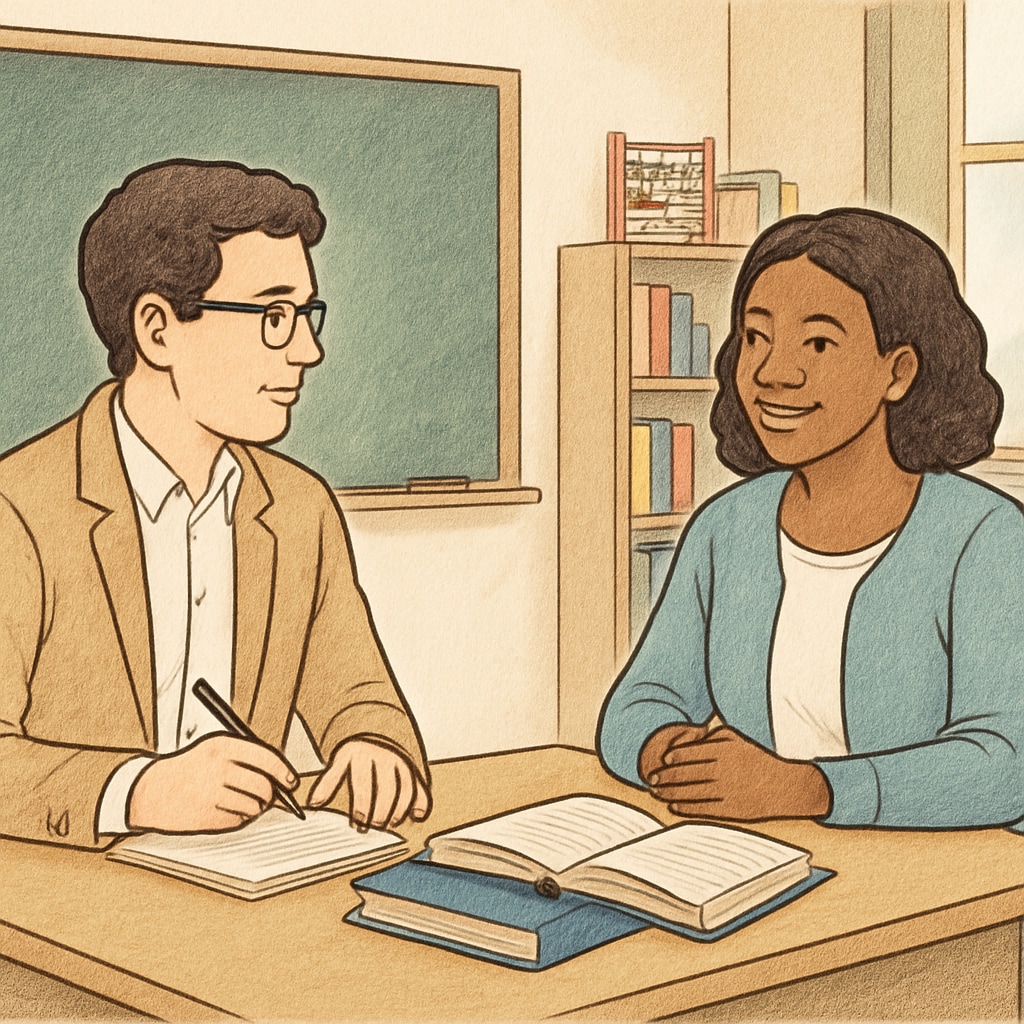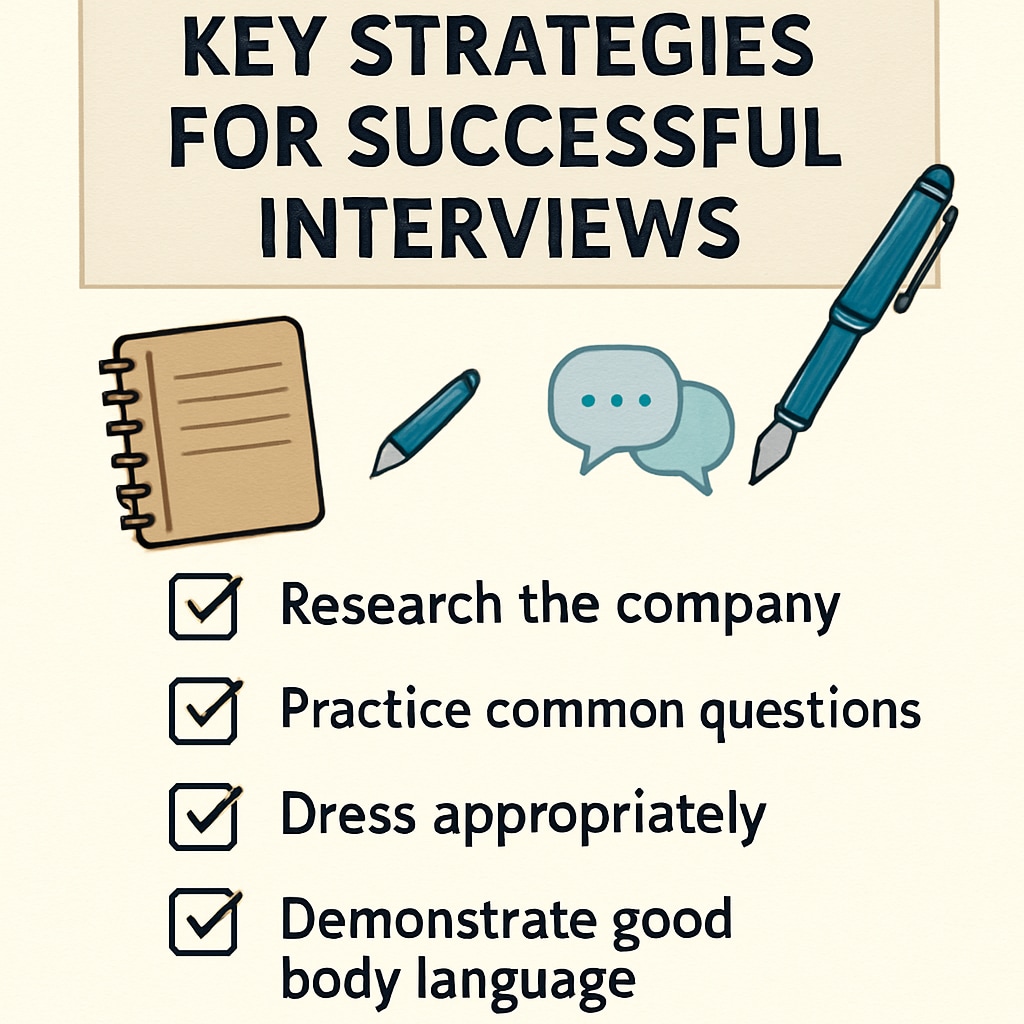Collaborating with K12 school counselors for graduate student assignments is a pivotal step in bridging the gap between academic research and practical application in education. These interviews provide valuable insights for both parties, fostering mutual understanding and offering fresh perspectives on the challenges and opportunities within the K12 education system. However, establishing such connections can come with its own set of challenges. This article delves into the significance of these academic interactions, the hurdles involved, and practical strategies to ensure productive communication.

The Importance of Collaboration Between Graduate Students and K12 Counselors
K12 school counselors play a critical role in shaping the academic and emotional well-being of students. Their insights are invaluable for graduate students conducting research on education-related topics. By interviewing counselors, graduate students gain first-hand knowledge of the real-world challenges and strategies deployed in schools. This collaboration not only enriches academic research but also helps counselors reflect on their practices.
For example, a graduate student studying social-emotional learning (SEL) might uncover practical strategies that counselors use to support students facing anxiety or stress. Similarly, counselors can benefit by learning about emerging research trends and innovative techniques being explored in the academic field. This two-way exchange strengthens the bridge between research and practice, ensuring that studies remain relevant and applicable in real-world settings.
Challenges in Establishing Productive Academic Interviews
Despite the potential benefits, initiating and conducting academic interviews between graduate students and K12 counselors can be challenging. Time constraints are often the primary hurdle, as counselors juggle heavy workloads and numerous responsibilities. Additionally, there may be concerns about confidentiality, particularly when discussing sensitive student-related topics.
Another challenge lies in communication. Graduate students may lack experience in approaching professionals for interviews or framing their questions effectively. On the other hand, counselors may not fully understand the objectives of the research or the scope of their participation. These challenges highlight the need for clear communication and mutual respect throughout the process.
Strategies for Effective Communication and Collaboration
To overcome these challenges, both graduate students and K12 counselors can adopt several strategies:
- Clear Objective Setting: Graduate students should provide a concise overview of their research goals and how the counselor’s input will contribute.
- Respect for Time: Scheduling interviews well in advance and keeping them brief ensures that counselors can participate without feeling overburdened.
- Confidentiality Agreements: Ensuring that sensitive information is handled appropriately helps build trust.
- Preparation: Students should prepare thoughtful, open-ended questions that encourage counselors to share detailed insights.
- Follow-Up: Sharing findings or a summary of the research demonstrates appreciation and provides value back to the counselor.

By implementing these strategies, graduate students can foster meaningful academic relationships with K12 counselors, ensuring a constructive and mutually beneficial experience.
Why These Interviews Are Crucial for Educational Progress
The collaboration between graduate students and K12 school counselors is more than just an academic exercise; it represents a step toward advancing education as a whole. Graduate students gain practical insights that enhance the relevance of their research, while counselors receive exposure to new theories and methodologies that can improve their professional practice. This symbiotic relationship ultimately benefits the students under the care of these counselors, creating a ripple effect across the education system.
For instance, research projects focusing on topics like mental health, career counseling, or diversity in education can directly inform policy changes or lead to the development of new tools and resources for schools. According to Britannica, education thrives on continuous improvement, which can only occur through the integration of research and practice. Similarly, Wikipedia highlights the evolving role of school counselors in addressing both academic and personal challenges faced by students today.
Therefore, these academic interviews are not just about fulfilling a graduate assignment—they are a means to build a stronger, research-informed education system that can adapt to the needs of the next generation.
Readability guidance: This article employs short paragraphs and lists to enhance readability. Transition words are interwoven to ensure smooth flow, and passive voice is minimized for clarity. Each section supports the main argument while offering actionable advice for readers.


